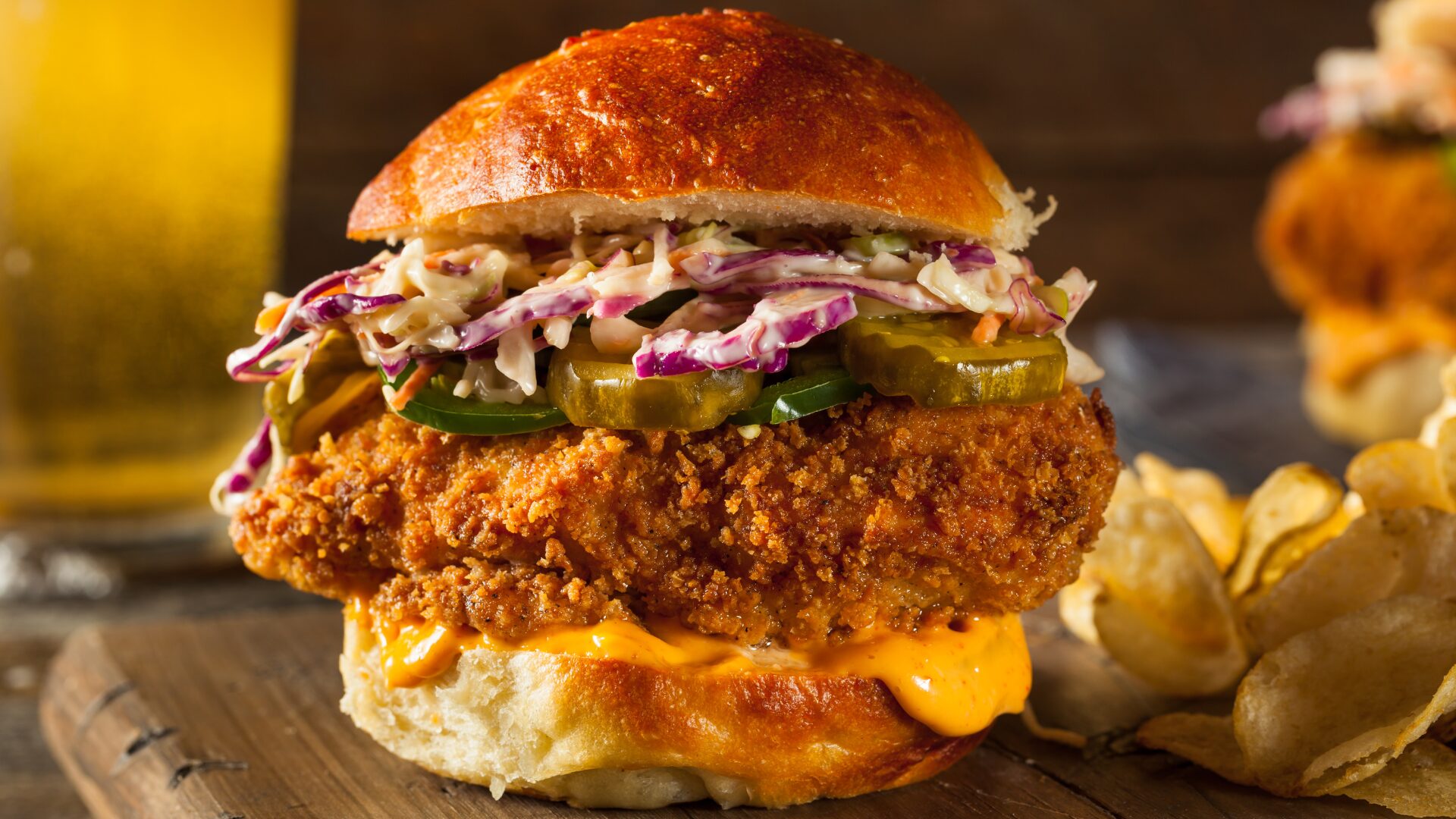Earlier this year, Jim Metevier ascended to the CEO role with Mountain Mike’s Pizza. Now, he’s determined to help the chain continue its climb.
“We have to use mountain analogies, like ‘reaching for the summit,’ you know?” Metevier said with a laugh during an interview with The Food Institute.
The pizza category in America is, to put it bluntly, bloated. Top dog Domino’s generated nearly $4.5 billion worldwide last year, per Statista. Pizza Hut has over 17,000 locations. Even relative newcomers to the category, like the MOD Pizza chain, have well over 500 locations. And that’s to say nothing of the growing frozen pizza market, valued at $16.2 billion globally.

“I read a study where 91 percent of the population said that (if) they could only eat one food from a restaurant it would be pizza,” said the CEO, who served as the family-style chain’s president and COO the previous five years. “So, everybody loves pizza, but it could be a commodity unless you have something that differentiates yourself.”
And he’s confident that Mountain Mike’s – with 284 locations with plans to reach no less than 310 locations by year’s end – brings something rather unique to the pizza party. Headquartered in Newport Beach, California, the chain makes its dough daily and produces its sauce in-house. Its curly, cupped pepperoni has attained a cult following. The brand also serves as a throwback pizza parlor, offering 3,000-sq.-ft. restaurants with dining rooms designed for community engagement, ample seating for Little League baseball teams, and kids who salivate over the pizza and nearby arcade games.
Not long ago, the 46-year-old chain was confined primarily to the West Coast. Now it has locations in 10 states with plans to add 30+ locations per year. Metevier, who worked in market planning with Yum! Brands earlier in his career, looks for three key elements when scouting potential restaurant sites:
- Is the site grocery store-anchored?
- Does the site receive good traffic?
- Does the location have ideal access?
- Is the site visible from the street?
- Does the area have an ideal population density?
“If you can remove all those barriers, then you’ve got a really good chance of being successful,” the CEO said.
Gaining a Foothold
Metevier’s strategies appear to be working. Mountain Mike’s had a recent five-year stretch during which total system sales increased by 83 percent – not bad for a chain that didn’t even have a website as recently as six years ago. Focusing on average unit volume, a loyalty program, LTOs, and careful growth have been instrumental.
“It’s about thoughtful growth, not explosive growth,” Metevier said. “When you put all that together and drive your top-line sales and you drive your footprint, you get huge total system sales.”
The newly minted CEO isn’t oblivious to Mountain Mike’s challenges in its crowded sector. For example, Metevier knows he needs to be sensitive to labor costs now that his California-based chain must deal with that state’s recent implementation of a $20 minimum wage (85% of the chains locations are based within the Golden State.)
Metevier knows his competitors are finding efficiencies through restaurant technology like ordering kiosks. Yet, for the most part, he’s content to zig while the competition zags.
Mountain Mike’s largely relies upon employees to provide “that human engagement,” the chain’s CEO noted, “because it’s an authentic product. So, we want to make sure that we’re really doing it the right way. That product is the jewel of the brand.”
So, while Domino’s and Papa John’s seemingly dot every American corner and Pizza Guys continues to expand, Mountain Mike’s will focus on growing “organically,” at “about 10 percent a year in accounts,” according to its chief executive.
“I’d rather build this thing to last,” Metevier said. “You put a great product and great people together, the sky’s the limit.”
The Food Institute Podcast
How does one jump from aerospace engineering into plant-based chicken nugget production? That’s exactly the leap that Christie Lagally, CEO & Founder of Rebellyous Foods, took in search of producing a healthier chicken nugget. Learn more about her company’s focus on animal welfare, environmental sustainability, and human health in this episode of The Food Institute Podcast.











